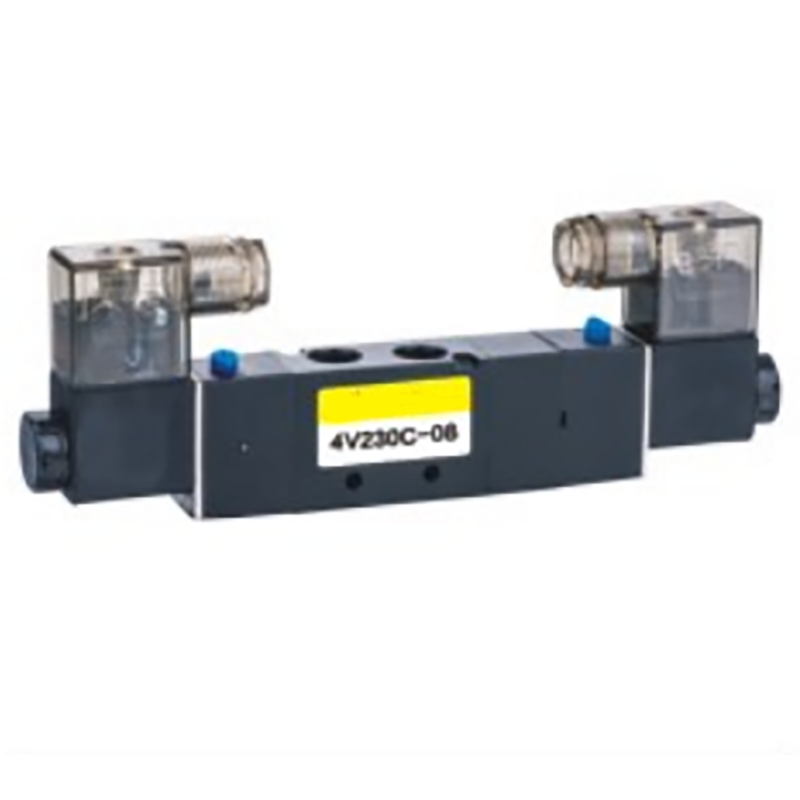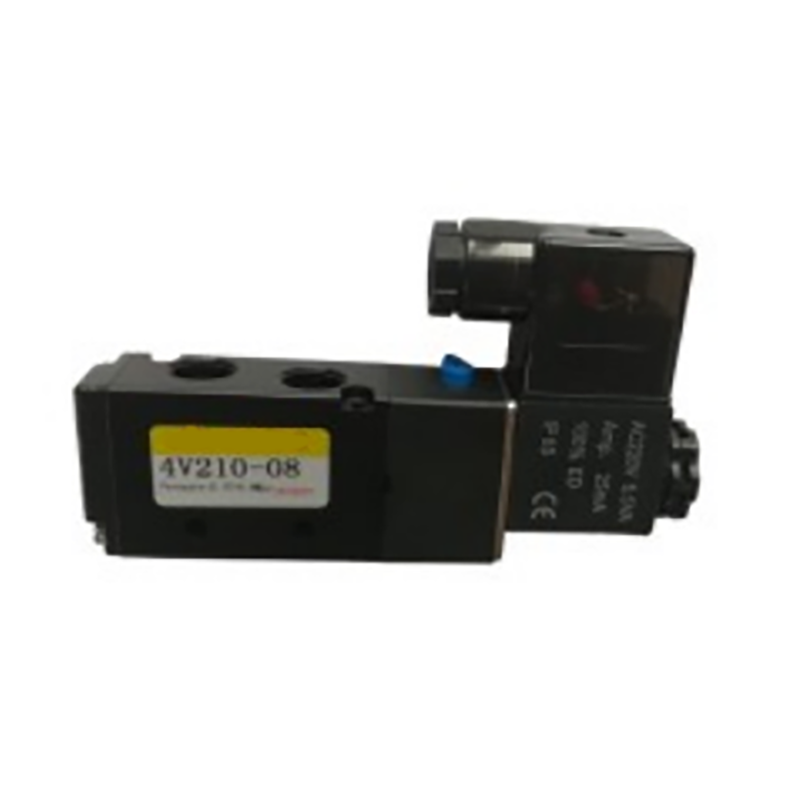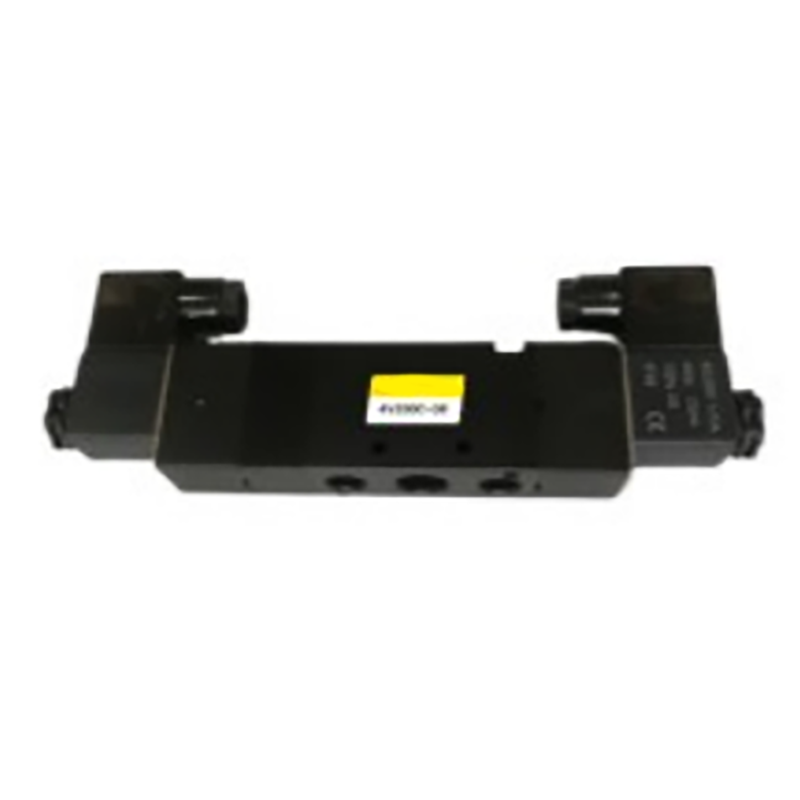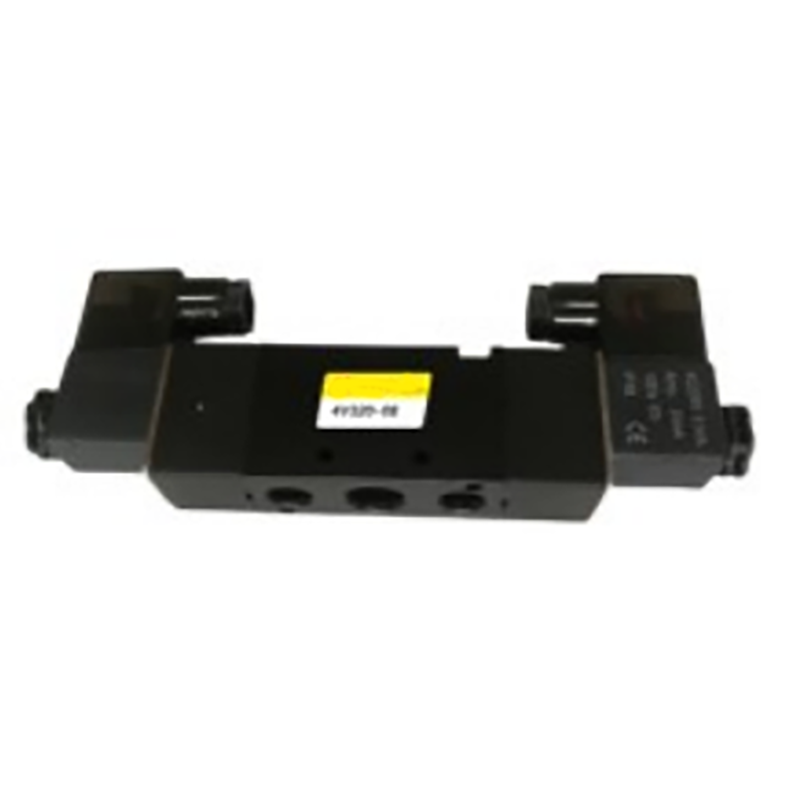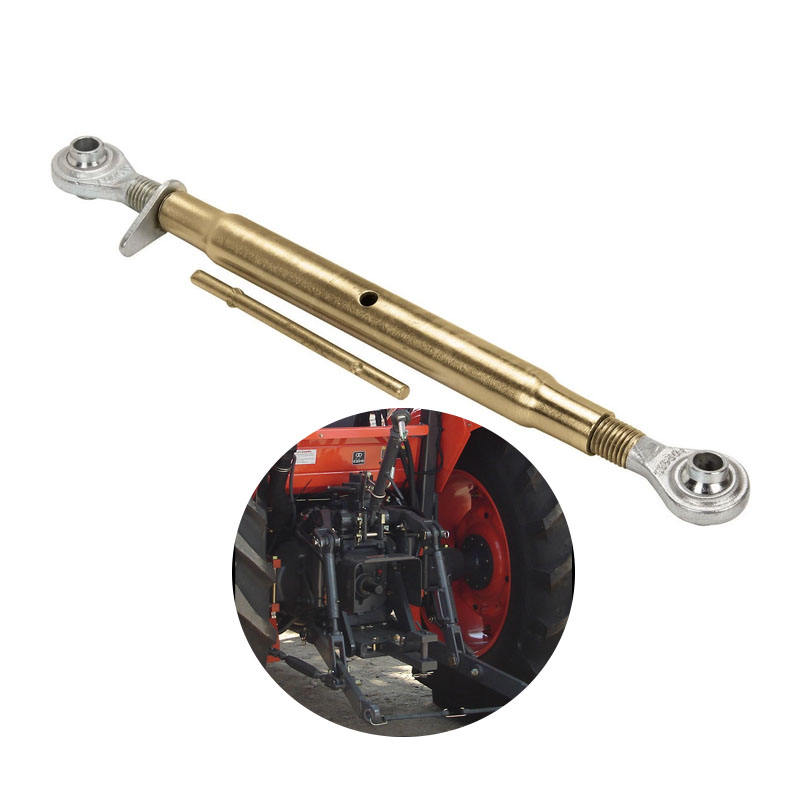Introduction to Welded Steel Chain Sprockets
Welded steel chain sprockets are essential components in various industrial and mechanical systems, designed for durability, precision, and high performance. These sprockets are manufactured through a robust welding process that ensures strength and reliability under heavy loads and harsh conditions. Commonly used in conveyor systems, agricultural machinery, automotive applications, and more, welded steel chain sprockets offer excellent wear resistance and longevity. Their construction involves high-quality steel materials, welded to form a solid unit that minimizes failure risks. This makes them a preferred choice for industries requiring dependable power transmission solutions. In this article, we delve into the detailed parameters, specifications, and frequently asked questions about welded steel chain sprockets to help you make informed decisions for your operational needs.
Key Features of Welded Steel Chain Sprockets
Welded steel chain sprockets boast several standout features that set them apart from other types. These include high tensile strength, resistance to corrosion and abrasion, precise tooth profiling for smooth engagement with chains, and customizable designs to fit specific applications. The welding process enhances structural integrity, reducing the likelihood of cracks or deformities under stress. Additionally, they are often treated with surface coatings or heat treatments to further improve durability and performance in extreme environments.
Product Parameters and Specifications
Below is a comprehensive list and table detailing the critical parameters of our welded steel chain sprockets. These specifications are based on industry standards and can be tailored to meet unique requirements.
List of Parameters:
- Material: High-carbon steel or alloy steel, often with added elements like chromium for enhanced hardness.
- Hardness: Typically ranges from 40 to 60 HRC (Rockwell Hardness Scale) after heat treatment.
- Teeth Number: Available from 10 to 120 teeth, with standard pitches such as 0.5 inch, 0.75 inch, 1 inch, etc.
- Bore Diameter: Customizable from 0.5 inches to 6 inches, including keyway options for secure mounting.
- Weight: Varies based on size; for example, a 1-inch pitch sprocket with 20 teeth weighs approximately 2.5 lbs.
- Maximum Load Capacity: Up to 5000 lbs for larger sprockets, depending on design and material.
- Temperature Range: Operates effectively from -40°F to 500°F (-40°C to 260°C).
- Surface Finish: Options include zinc plating, black oxide, or powder coating for corrosion resistance.
- Welding Type: MIG or TIG welding used, ensuring strong, seamless joints.
- Compatibility: Designed to work with ANSI, ISO, or BS standard chain sizes.
Table of Specifications:
| Parameter |
Specification Range |
Standard Values |
| Pitch (inches) |
0.25 - 2.5 |
0.5, 0.75, 1.0, 1.25, 1.5 |
| Number of Teeth |
10 - 120 |
15, 20, 25, 30, 40, 50 |
| Bore Size (inches) |
0.5 - 6.0 |
1.0, 1.5, 2.0, 2.5 with keyway |
| Outside Diameter (inches) |
2 - 24 |
Based on pitch and teeth count |
| Thickness (inches) |
0.2 - 2.0 |
0.5, 0.75, 1.0 for standard sizes |
| Load Rating (lbs) |
500 - 5000 |
1000, 2000, 3000 for common applications |
| Material Grade |
1045, 4140, 4340 steel |
1045 carbon steel for general use |
| Hardness (HRC) |
40 - 60 |
45-50 after heat treatment |
Applications of Welded Steel Chain Sprockets
Welded steel chain sprockets are versatile and used across multiple industries. In manufacturing, they drive conveyor belts in assembly lines, ensuring smooth material handling. The agricultural sector relies on them for equipment like combines and tractors, where durability against dirt and moisture is crucial. Automotive applications include timing systems and transmission mechanisms. They are also found in mining operations, construction machinery, and even in fitness equipment like exercise bikes. Their ability to handle high torque and resist wear makes them ideal for heavy-duty environments. Customizations allow for integration into specialized machinery, providing efficient power transmission solutions tailored to specific operational demands.
FAQ: Frequently Asked Questions About Welded Steel Chain Sprockets
What materials are commonly used in welded steel chain sprockets?
High-carbon steels such as 1045 or alloy steels like 4140 are typical choices, often enhanced with heat treatments or coatings for improved strength and corrosion resistance. These materials ensure longevity and performance under stress.
How does the welding process affect the sprocket's performance?
Welding, particularly MIG or TIG methods, creates a monolithic structure that eliminates weak points, enhancing load-bearing capacity and reducing the risk of failure. It allows for precise alignment and strong joints, crucial for high-torque applications.
Can welded steel chain sprockets be customized for specific chain types?
Yes, they can be tailored to match various chain standards like ANSI, ISO, or BS, with adjustments in tooth profile, pitch, and bore size to ensure compatibility and optimal engagement with the chain.
What maintenance is required for these sprockets?
Regular inspection for wear, proper lubrication of the chain-sprocket interface, and checking for alignment issues are recommended. Welded sprockets generally require less maintenance due to their durable construction but should be monitored in high-use environments.
Are there temperature limitations for welded steel chain sprockets?
They can operate in temperatures from -40°F to 500°F (-40°C to 260°C). Beyond this range, material properties may degrade, so special alloys or treatments might be necessary for extreme conditions.
How do I determine the right sprocket size for my application?
Consider factors like chain pitch, number of teeth required for speed ratio, bore size to fit the shaft, and load capacity. Consulting engineering specifications or a professional can help select the optimal size based on torque and RPM requirements.
What are the signs of wear or failure in a welded steel chain sprocket?
Common indicators include elongated teeth, cracks near welded areas, unusual noise during operation, or decreased efficiency in power transmission. Regular maintenance can help detect these early and prevent downtime.
Can these sprockets be used in corrosive environments?
Yes, with appropriate coatings such as zinc plating or stainless steel variants, they resist corrosion. For highly corrosive settings, selecting materials with higher chromium content or additional protective treatments is advisable.
What is the typical lifespan of a welded steel chain sprocket?
Lifespan varies based on usage, load, and maintenance but generally ranges from 5 to 15 years in industrial applications. Proper alignment and lubrication can extend this duration significantly.
Are there industry standards that these sprockets comply with?
Yes, they often adhere to standards set by organizations like ANSI (American National Standards Institute) or ISO (International Organization for Standardization), ensuring quality, safety, and interoperability with other components.


